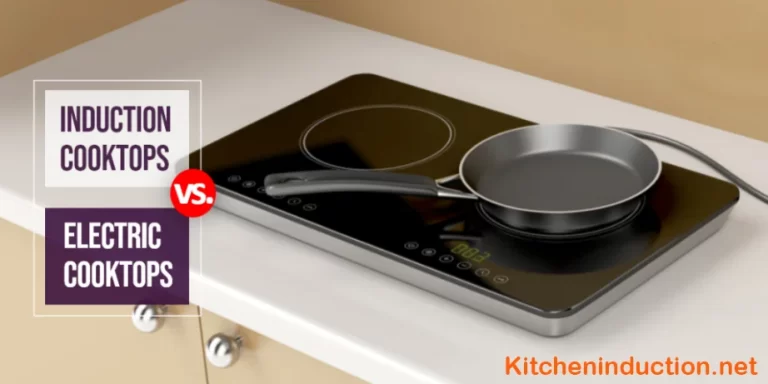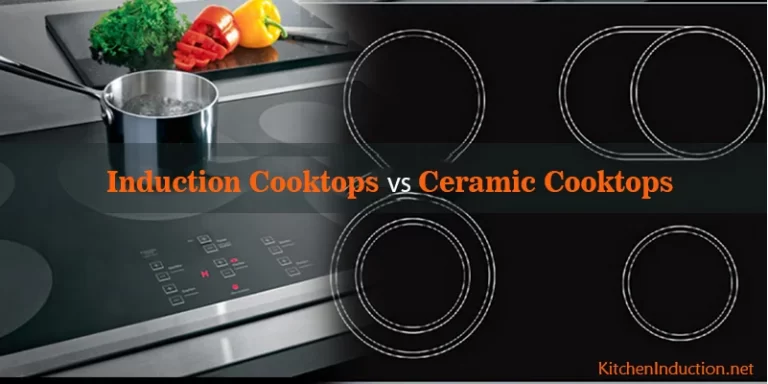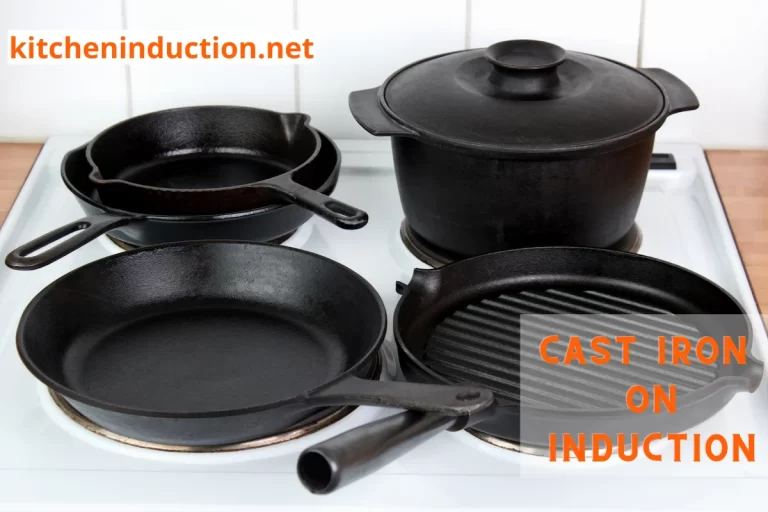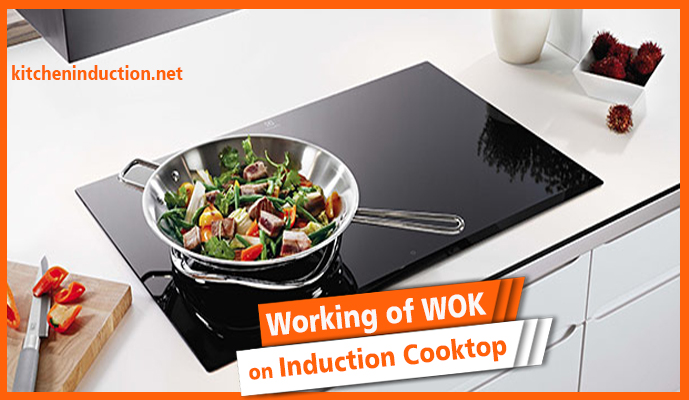Induction Cooktop Smells Burning – Causes And Solutions
Induction cooktops have gained immense popularity in recent years due to their efficiency, precise temperature control, and sleek design. However, like any other kitchen appliance, they may occasionally emit burning smells that can be concerning for users. If you’ve noticed an unusual burning smell and you judge induction cooktop smells burning, it’s essential to understand the potential causes and find effective solutions to address the issue.
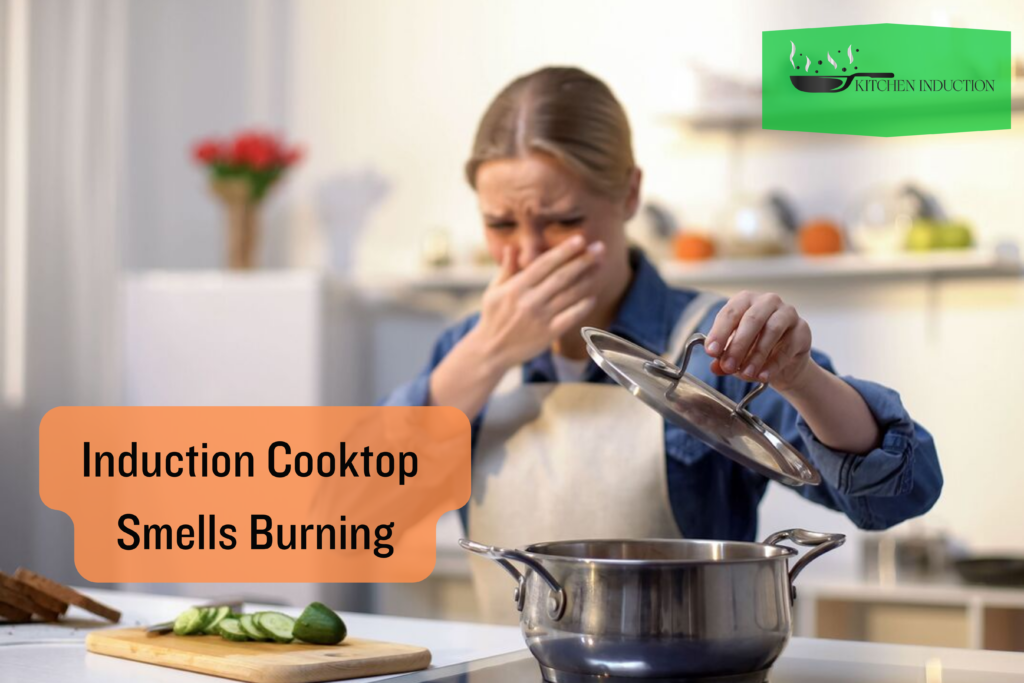
In this article, we will delve into the reasons behind burning smells from induction cooktops and provide valuable insights on how to mitigate the problem. Whether you’re a seasoned cook or a novice in the kitchen, this guide will equip you with the necessary knowledge to ensure a safe and pleasant cooking experience. So, let’s explore the possible causes and discover practical solutions to eliminate those unwanted odors.
Contents
Possible Causes That Can Cause Induction Cooktop Smells Burning
Here are some most possible causes that can cause the induction cooktop burning:
Overheating and Spills
One of the primary causes of burning smells from induction cooktops is overheating, often triggered by spills or food residue on the cooking surface. When these substances come into contact with the hot cooking zone, they can burn and emit unpleasant odors. To prevent this, it’s important to keep your induction cooktop clean and promptly wipe up any spills or food particles. Regular maintenance and a thorough cleaning routine will help avoid the buildup of debris that can lead to burning smells during cooking.
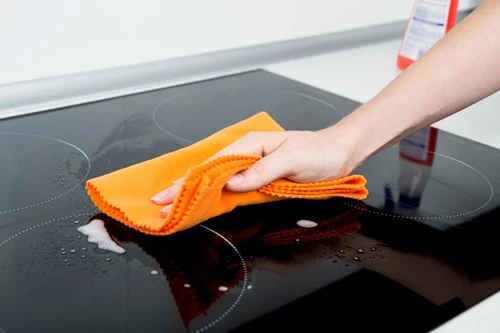
Improper Cookware Usage
Using incorrect or unsuitable cookware on an induction cooktop can also result in burning smells. Induction cooktops rely on a magnetic field to heat the cookware directly, and if the cookware is not compatible, it can generate excessive heat, leading to burning odors. To ensure proper functioning and avoid unpleasant smells, use cookware specifically designed for induction cooktops. Look for induction-compatible symbols or labels on the cookware packaging or check the manufacturer’s instructions.
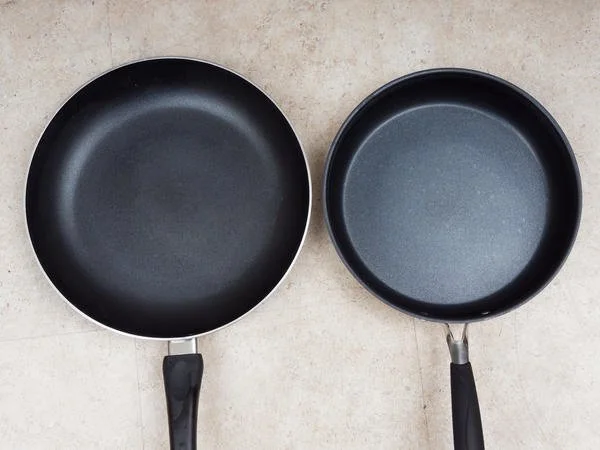
Electrical Issues
In some cases, burning smells from induction cooktops can stem from underlying electrical issues. Faulty wiring, loose connections, or damaged components can cause overheating and emit distinct burning odors. If you suspect an electrical problem, it’s crucial to immediately turn off the cooktop and consult a qualified electrician to inspect and repair the appliance. Ignoring electrical issues can pose a safety risk, so addressing them promptly is essential.
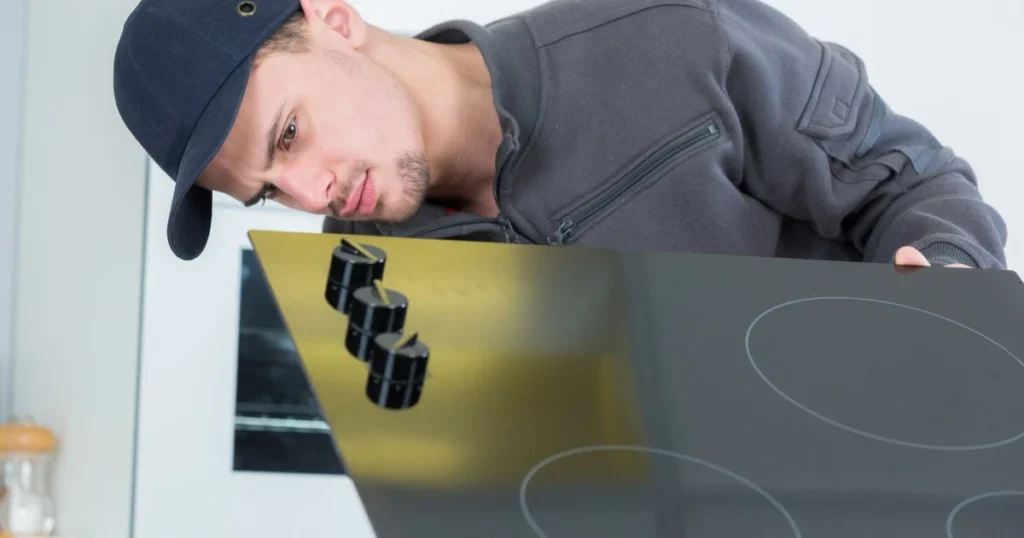
Ventilation and Air Circulation
Insufficient ventilation and poor air circulation around the induction cooktop can contribute to the accumulation of cooking odors, which may be mistaken for burning smells. It’s crucial to ensure that your kitchen has proper ventilation, such as an exhaust fan or range hood, to remove any lingering odors. Additionally, maintaining a well-ventilated cooking area by opening windows or using kitchen vents can help prevent the buildup of smells and promote a fresh environment while cooking.
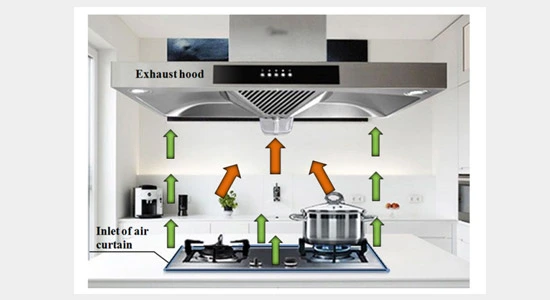
Faulty Components or Malfunction
In rare cases, burning smells from an induction cooktop can be an indication of malfunctioning or faulty components. If you’ve eliminated other potential causes and the smell persists, it’s recommended to contact the manufacturer’s customer support or a qualified appliance repair technician. They can diagnose the issue, identify any defective parts, and provide the necessary repairs or replacements to ensure the safe operation of your cooktop.
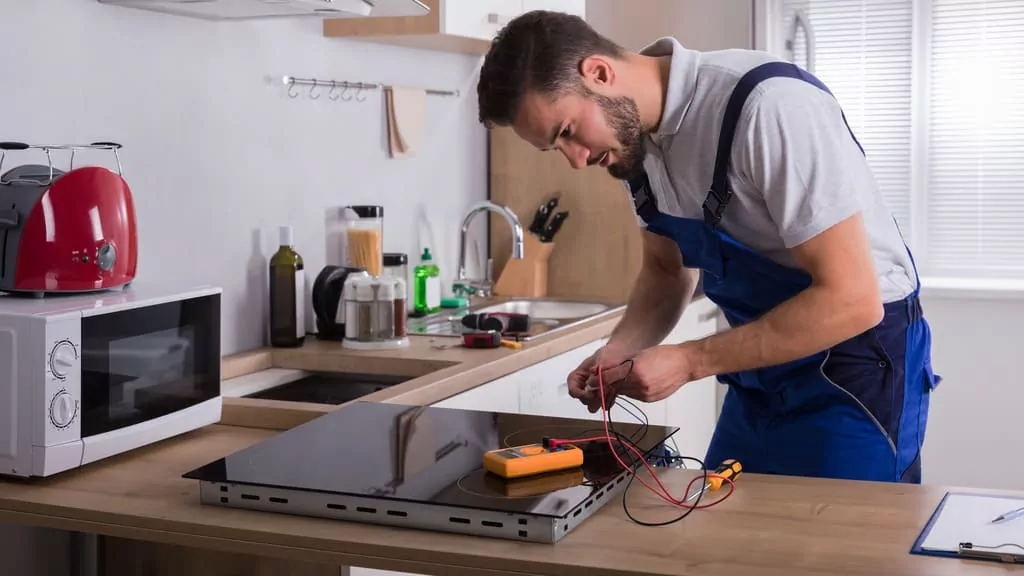
Solutions to Keep Induction Cooking Safe
Here are the best possible ways to keep the induction cooktop safe for you and your family. Let’s have a look:
Regular Maintenance and Cleaning
Regular maintenance and cleaning play a crucial role in preventing burning smells from induction cooktops. Here are some tips to keep your cooktop in optimal condition:
Seek Professional Assistance
If you’ve tried the above steps and continue to experience persistent burning smells or suspect a more significant issue with your induction cooktop, it’s recommended to seek professional assistance. Contact the manufacturer’s customer support or consult a certified appliance repair technician who specializes in induction cooktops. They can diagnose the problem accurately and provide the necessary repairs or guidance to resolve the issue effectively.
Conclusion
In conclusion, while burning smells from induction cooktops can be alarming, they are often caused by common factors that can be addressed with proper care and maintenance. By following the tips outlined in this article, such as keeping your cooktop clean, using compatible cookware, ensuring proper ventilation, and seeking professional help when needed, you can enjoy a pleasant and odor-free cooking experience with your induction cooktop.
Remember, always prioritize safety and consult experts when encountering persistent or unusual odors from your cooktop. With proper attention and maintenance, you can make the most out of your induction cooktop’s benefits and continue to enjoy delicious meals without any unwelcome smells.


